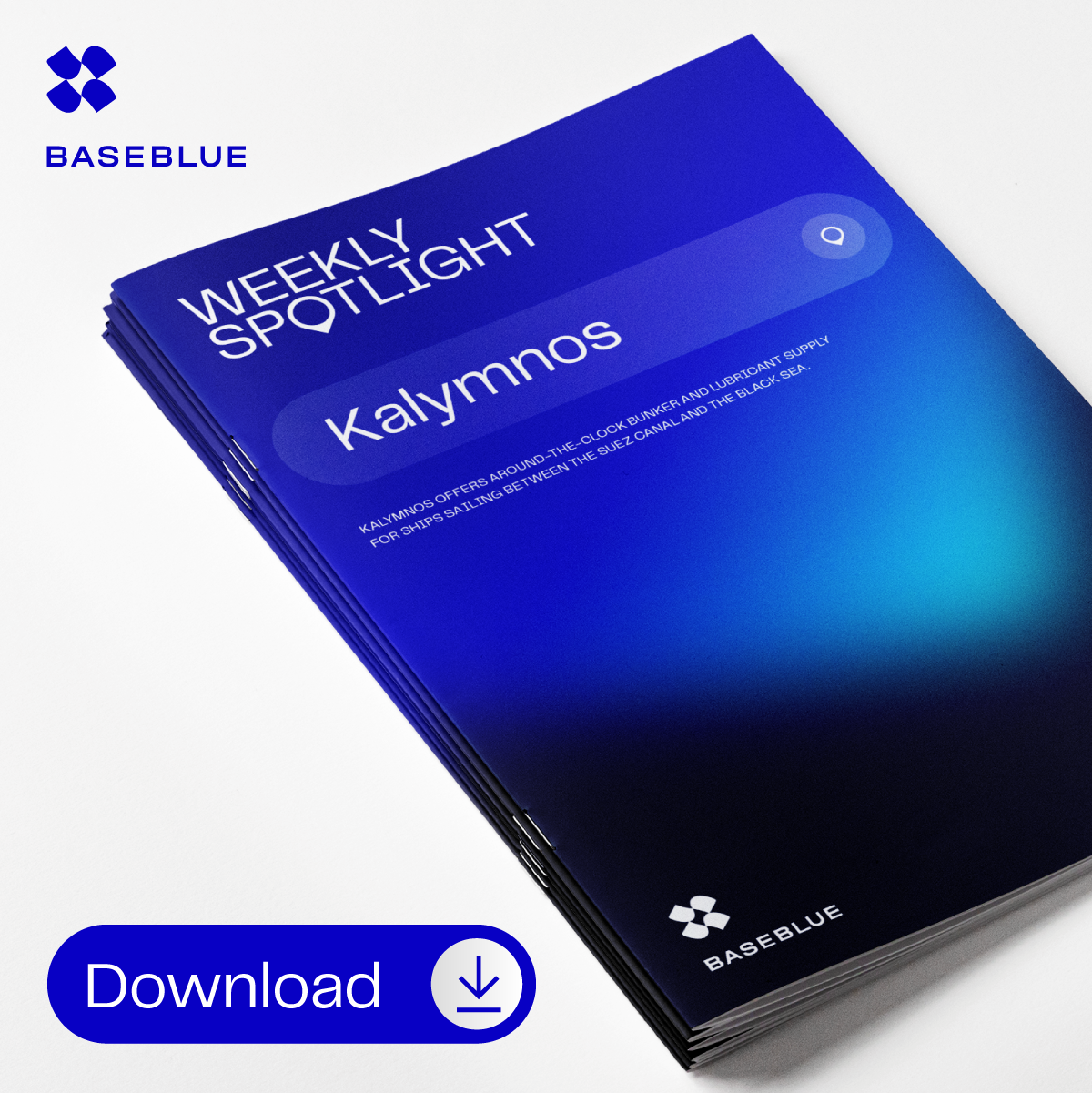

MEPC80
One Month On Navigating the Maritime Industry's Green Horizon
The maritime industry has seen its fair share of challenges, from fluctuating market conditions to evolving regulations. However, the winds of change have never blown as strongly as they have after the landmark of the International Maritime Organization, IMO, at the MEPC80 (Marine Environment Protection Committee) meeting. This gathering marked a significant turning point in the maritime sector, setting a clear course for the industry’s future.
In the wake of MEPC80, international milestones have been established, following Europe’s lead in defining a robust regulatory framework and ambitious environmental targets. The stakes have been raised, with the maritime industry now aiming for nothing less than achieving Net-Zero emissions by 2050. Intermediary targets have been set in the interim, including a 20% reduction of all greenhouse gas (GHG) emissions by 2030 and an even more ambitious 70% reduction by 2040. It’s evident that Europe and IMO, at the global level, are deeply committed to environmental protection, and decarbonisation has become a top priority.
Europe and the IMO have similar targets, and a common approach underpins their efforts. Europe has taken substantial steps by integrating the maritime industry into the European Union Emissions Trading System (EU ETS) and establishing FuelEU Maritime. Whereas the ETS applies a tank-to-wake approach, the FuelEU Maritime lays down mandatory requirements for adopting alternative fuels. It also assesses the emissions profile of fuels on a well-to-wake basis, as it considers the emissions associated with the entire life cycle of the energy source, including its production and distribution.
In parallel, the IMO will develop technical and economic measures next year, with an expected entry into force by 2027. In addition, Life Cycle Assessment (LCA) guidelines presenting emissions profiles of fuels have been adopted. The IMO will likely adopt a Global Fuel Standard akin to the FuelEU Maritime and a levy to be paid for emissions.
In this era of transformative change, the maritime industry ecosystem faces the challenge of adapting and ensuring compliance. Compliance is not just about regulatory adherence but also about maintaining competitiveness and securing long-term success. As we sail into this uncharted territory, some companies will find the transition smoother, given their history of innovation. In contrast, others may find it abrupt and deeply ingrained in their core.
At Baseblue, we firmly believe that planning and proactivity are paramount in times of change. We remain steadfast in staying updated on local and international regulations, evolving and embracing new solutions and work methodologies. We aim to shift from the traditional segmented trading model towards a more proactive and holistic approach.
We see three pillars upon which every company in the shipping ecosystem must focus:
-
Optimising Vessel Efficiency: Top priorities are reducing consumption and minimising GHG emissions. With our premier software and platform, we assist clients in fleet monitoring, offering top-tier weather routing services and voyage calculation tools. Our post-fixing department closely tracks all deliveries in coordination with agents, physical suppliers, and surveyors to ensure seamless operations and comprehensive documentation of sampling and surveying.
-
Integration of Alternative Fuels: Meeting the regulatory guidelines for decarbonisation requires compliance support. We maintain an extensive global network of alternative fuel suppliers and have already initiated supplies for our clients, backed by our ISCC certification. We provide daily guidance to clients transitioning to the new regulatory landscape and offer comprehensive consultation on their global alternative fuel requirements.
-
Emissions Reporting and Compliance: With the EU Emissions Trading Scheme (EU ETS) putting a price on CO2 emissions, reporting and paying for emissions have become essential. We’ve developed a specialised emissions module within our software ecosystem that streamlines calculations and reporting processes, allowing companies to budget voyages while considering EU Allowance (EUA) costs. Through our regulated paper trading desk, we offer consultation and actual EUAs to clients, ensuring they navigate this complex terrain seamlessly.
IMO, the EU has set the maritime industry on an exciting and challenging course towards decarbonisation and environmental protection. The targets may be ambitious, but the industry can navigate these successfully with proactive planning and a commitment to change. Baseblue stands ready to support companies on this journey, providing the tools and expertise needed to thrive in this new era of sustainable shipping.



